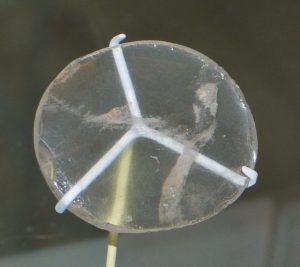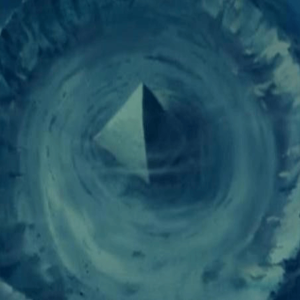According To Physicists And Philosophers: The Existence Of Time Is In Question

The question here is that does time really exist. However, the answer to this question seems obvious. The example is right in front of our eyes- calendar or a clock? The recent development in physics suggest that there is possibility that time does not exist, and it should be taken seriously.
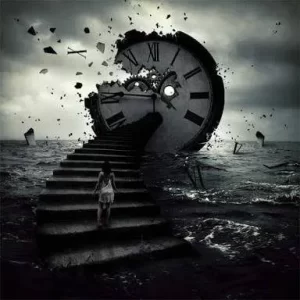
Time
How is this possible, and what does it imply? It will take some time to explain, but rest assured that even if time does not exist, our lives will continue as usual.
A Crunch in Physics
Physics is in a state of emergency. We have explained the universe for the last century or so using two wildly successful physical theories: general relativity and quantum mechanics. Quantum mechanics is the science that explains how things work in the incredibly small world of particles and their interactions. General relativity is a mathematical theory that describes the big picture of gravity and the way objects move.
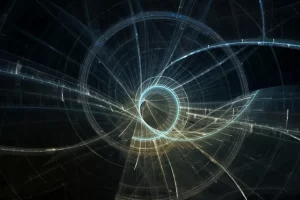
A Crunch in Physics
Both theories are extremely well-supported in their own claim, but they are believed to contradict one another. Though the precise nature of the conflict is debatable, scientists generally agree that both theories should be abandoned in favor of a more general one.
The goal of physicists is to develop a theory of “quantum gravity” that will supersede both general relativity and quantum mechanics while capturing their extraordinary success. Such a theory would explain how gravity’s grand scheme operates on the microscopic level of particles.
Concept of Time in Quantum Gravity
It turns out that developing a quantum gravity theory is exceedingly difficult. String theory is one approach to resolving the conflict between the two theories. String theory substitutes strings vibrating in up to 11 dimensions for particles.
String theory, on the other hand, faces additional difficulties. String theories provide a variety of models for a universe that is broadly similar to our own, but they do not make any clear predictions that can be tested experimentally to determine which theory is correct.

String theory
Many physicists became dissatisfied with string theory in the 1980s and 1990s, and proposed a variety of new mathematical approaches to quantum gravity. One of the most prominent of these is loop quantum gravity, which postulates that the fabric of space and time is composed of an extremely small network of discrete chunks, or “loops.”
One of the most remarkable properties of loop quantum gravity is its apparent abolition of time. Loop quantum gravity is not the only approach that appears to abolish time as a fundamental aspect of reality; a number of other approaches also appear to do so.
Developing Time
Thus, we know that a new physical theory is required to explain the universe and that this theory may be devoid of time. Assume that such a theory is correct. Does this mean that time does not exist?
It’s complicated, and it all depends on our definition of existence. Although physics theories do not include tables, chairs, or people, and yet we continue to accept their existence.
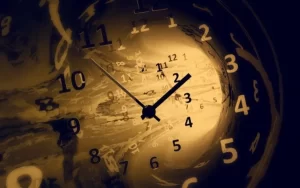
Developing Time
And why is this? Because we assume that such things exist at a level higher than that of physics. For example, we say that tables “emerge” from an underlying physics of particles whizzing around the universe. However, while we have a reasonable idea of how a table could be constructed from fundamental particles, we have no idea how time could be “constructed” from something more fundamental.
Thus, unless we can provide a convincing account of how time arises, it is unclear whether we can simply assume time exists. At some levels, time may not exist.
Time As An Agent
To assert that time does not exist at any level is equivalent to asserting that there are no tables. Attempting to survive in a world without tables may be difficult, but attempting to survive in a world without time appears positively disastrous.
Our entire lives are structured around the concept of time. We make future plans based on what we know about the past. We hold individuals morally accountable for their previous actions, with the goal of reprimanding them in the future. We believe ourselves to be agents (entities capable of action) in part because we are capable of planning actions that will result in future changes.
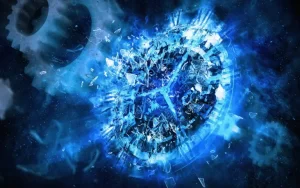
Time As An Agent
However, what is the point of acting to effect change in the future when there is no future to act for in the first place? What purpose does it serve to punish someone for a past action when there is no past and thus no such action? The discovery that there is no such thing as time would appear to bring the entire world to a halt. We’d have no reason to rise from our beds.
Conclusion
There is an escape route from this mess. While physics may eliminate time, it appears to preserve causation: the notion that one thing can cause another. Perhaps what physics is telling us is that causation, rather than time, is the fundamental property of our universe.
If that is correct, the agency may still exist. For it is possible to reconstruct an entirely causal sense of agency. At least, that is the argument made in a book by Kristie Miller and Jonathan Tallant. We argue that the discovery that time does not exist may have no direct impact on our lives, even as it ushers in a new era of physics.

